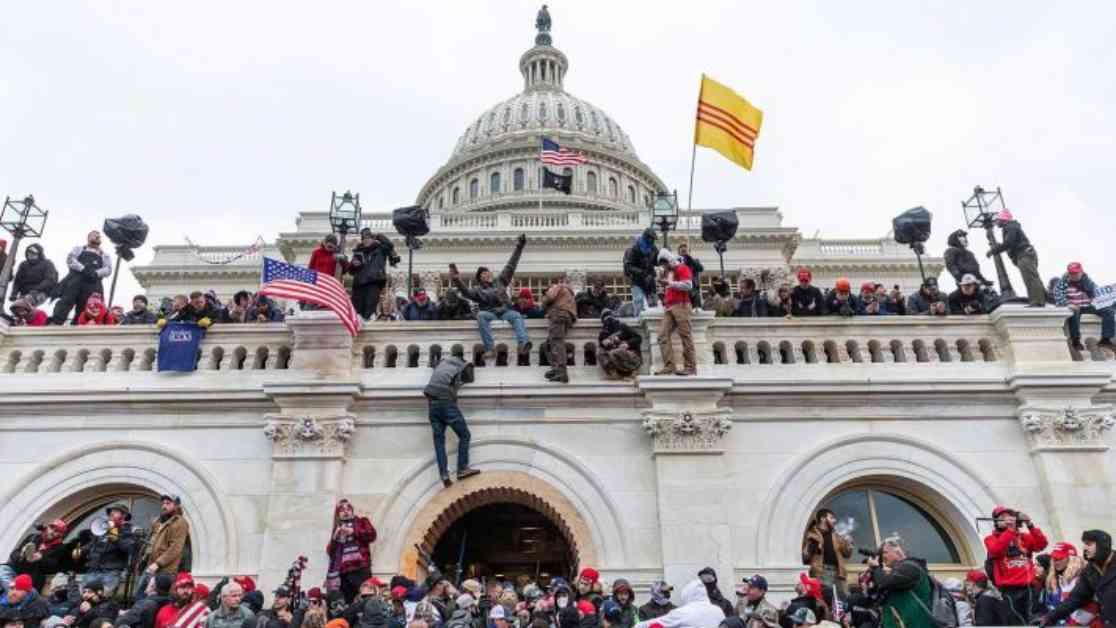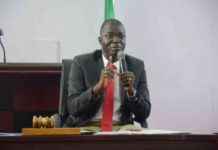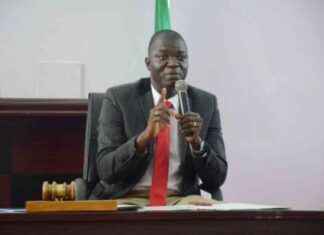Trump Pardons 1,500 Capitol Rioters: What You Need to Know
US President Donald Trump made waves on Monday by granting pardons to over 1,500 supporters who participated in the storming of the Capitol on January 6, 2021. The incident was an attempt to overturn the results of the 2020 election, causing chaos and violence in the heart of American democracy.
A Controversial Decision
Among those receiving a pardon was Enrique Tarrio, the former leader of the far-right Proud Boys, who had been sentenced to 22 years in prison for orchestrating a military-style assault on the Capitol. Another notable figure, Stewart Rhodes, the leader of the Oath Keepers, had his 18-year prison sentence commuted to time served. Both individuals had been convicted of seditious conspiracy, adding to the controversial nature of Trump’s decision.
Outrage and Criticism
Former Democratic House Speaker Nancy Pelosi condemned the pardons as “an outrageous insult to our justice system and the heroes who suffered physical scars and emotional trauma as they protected the Capitol.” The move sparked widespread outrage and criticism, with many viewing it as a betrayal of the rule of law and an affront to those who risked their lives to defend the Capitol.
Political Ramifications and Biden’s Response
The decision comes at a critical time in American politics, with tensions running high following the Capitol riot and the subsequent fallout. President Joe Biden, before leaving office, issued preemptive pardons to key figures in his administration and close family members to shield them from potential “politically motivated prosecutions” by the Trump administration. This move underscores the deep divide and unrelenting attacks that have characterized American politics in recent years.
In the midst of this turmoil, one question looms large: What does the future hold for a nation grappling with the aftermath of a violent attack on its democratic institutions? As the dust settles on this latest development, the implications of Trump’s pardons reverberate throughout the political landscape, raising important questions about accountability, justice, and the resilience of American democracy.















